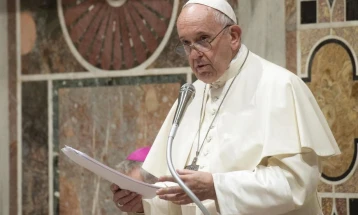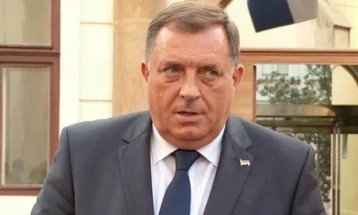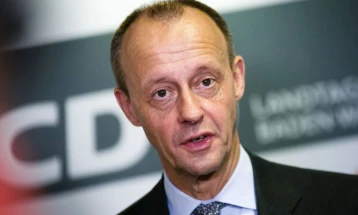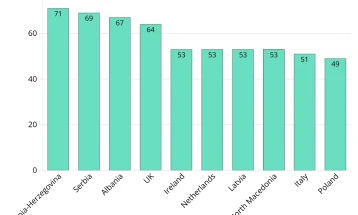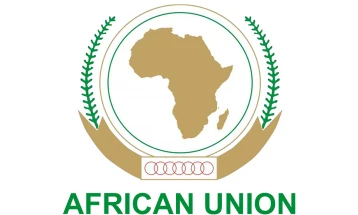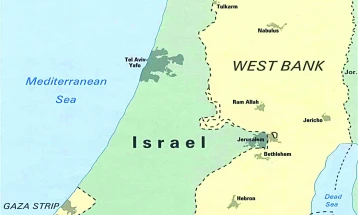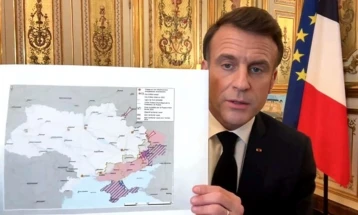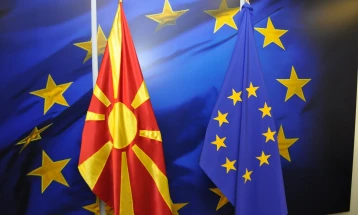Lebanon's prime minister forms long-awaited government in Beirut
- Lebanon's designated Prime Minister Nawaf Salam on Saturday unveiled a long-awaited government in Beirut, promising to focus on reforms and dealing with the country's ailing economy.
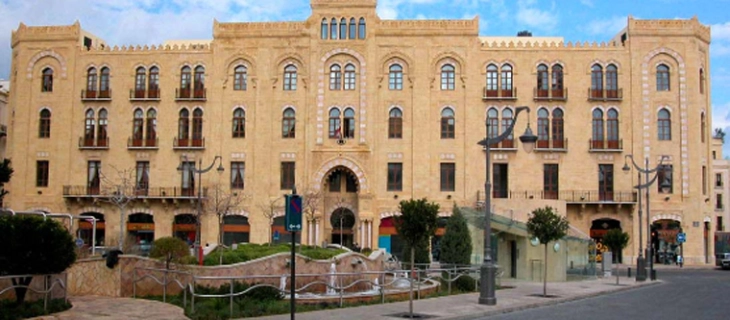
Beirut, 8 February 2025 (dpa/MIA) - Lebanon's designated Prime Minister Nawaf Salam on Saturday unveiled a long-awaited government in Beirut, promising to focus on reforms and dealing with the country's ailing economy.
Mahmoud Maakiyeh, the government's secretary general, announced the lineup of the 24-member Cabinet, which is mainly formed of experts and technocrats.
It does not include members from the Iran-backed Hezbollah militia or their ally, the Amal movement.
"Reforms are the only way to save the country," Salam said after the government was announced.
He added that reconstruction in southern Lebanon, which bore the brunt of the recent war between Israel and Hezbollah, "is not just a promise but a commitment from us."
His government will also "seek to restore confidence" between the Lebanon and its population, its Arab neighbours and the international community.
The new government is split evenly between Christian and Muslim sects and comprises five women.
It will hold its first meeting on Tuesday.
Lebanon has been ruled for over two years by a caretaker government headed by Nagib Mikati.
Salam, a former ambassador to the United Nations and head judge at the International Court of Justice, was named the designated premier in January.
His nomination was made by Lebanon's President Jospeh Aoun, who was elected on January 9 following a two-year presidential vacuum.
The election of Aoun, who is backed by the United States and Saudi Arabia, reflected a shift in the power balance in Beirut.
Lebanon has been dominated in recent years by Hezbollah and its Syrian ally Bashar al-Assad, who was toppled in December.
The country urgently requires financial support to tackle an economic crisis that began in 2019.
It also needs financial help in reconstruction following the destruction caused by the Hezbollah-Israel war, which wrought billions of dollars in damage.
Observers believe Lebanon needs a strong government to oversee a ceasefire deal to end the conflict, which was reached in November last year and was extended until February 18.
The formation of the new government came after US diplomat Morgan Ortagus, the deputy special envoy for Middle East peace, held talks with Lebanese officials on Friday.
According to Lebanon's sectarian power-sharing rules, the prime minister must be a Sunni Muslim, while the presidency should go to a Maronite Christian and the house speaker a Shiite Muslim.
